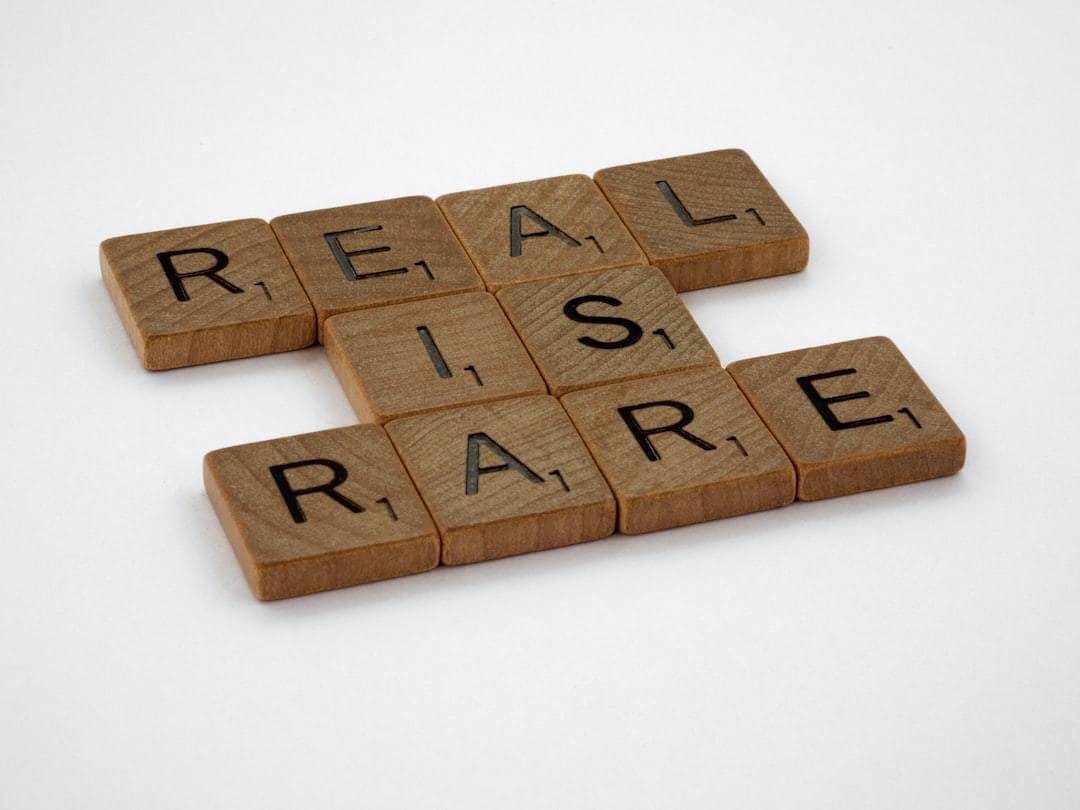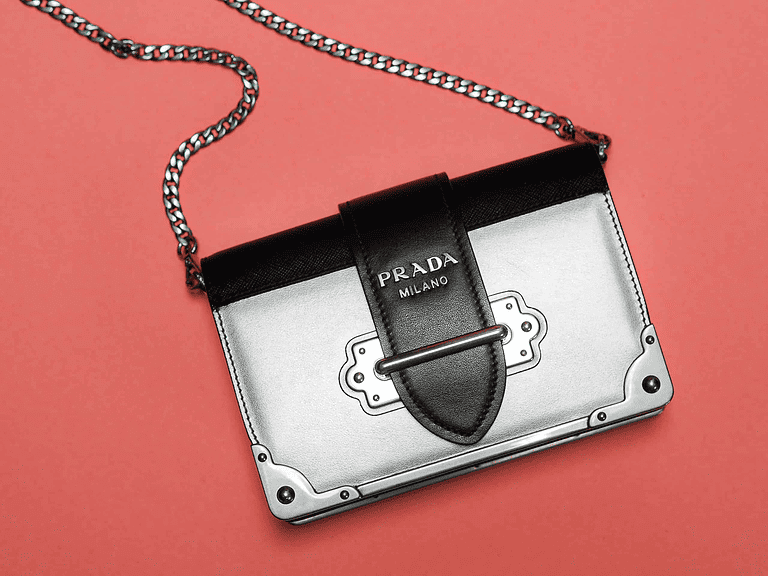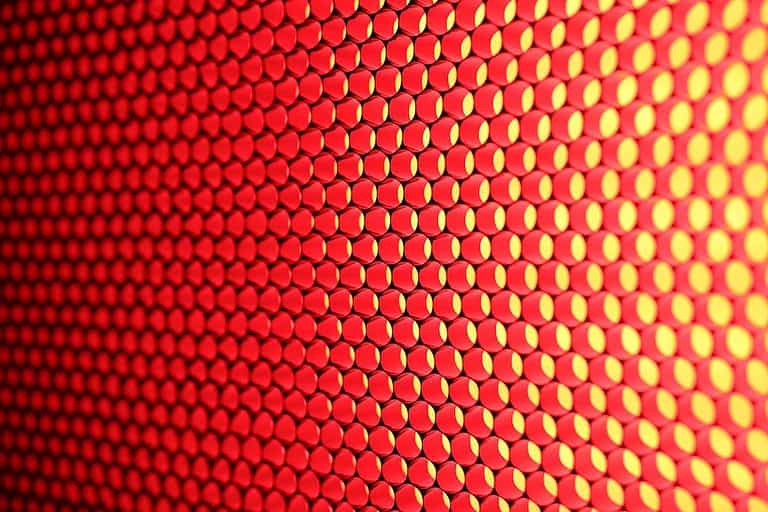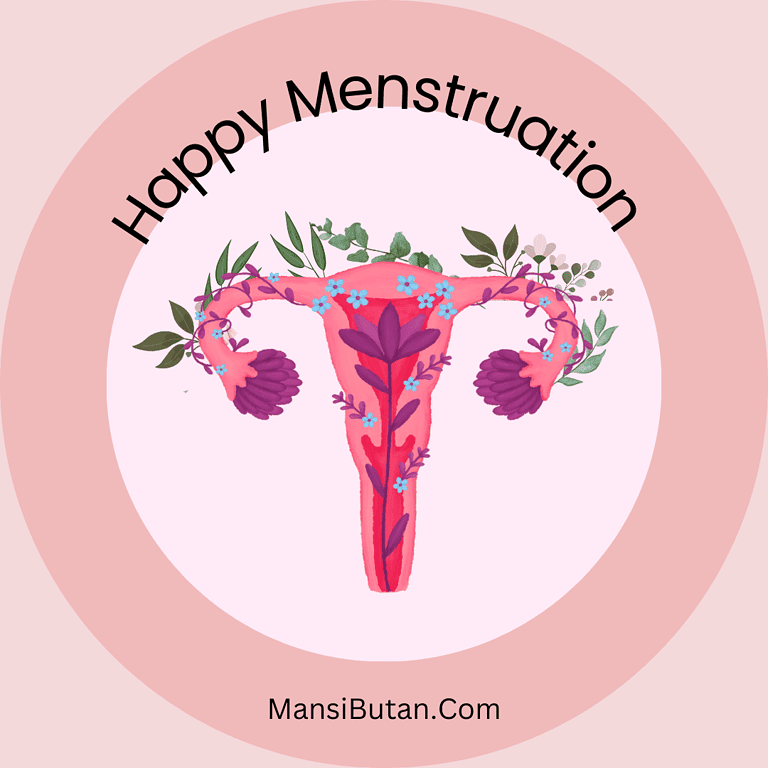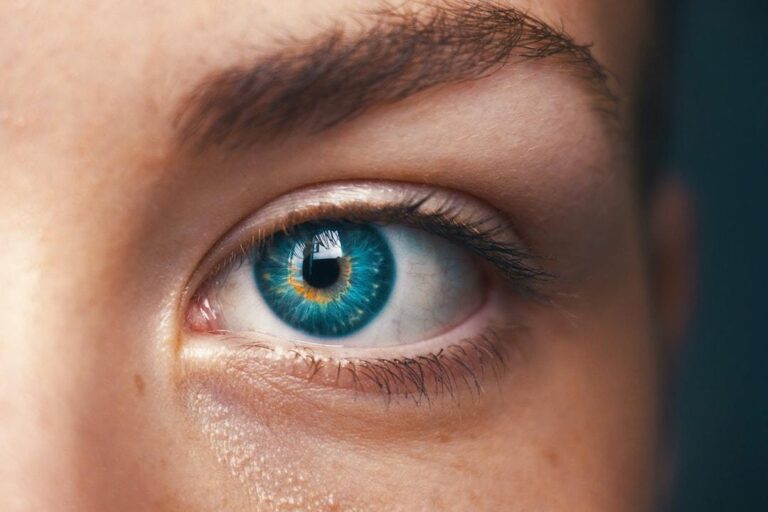Is Photoshop Ruining Real Beauty Standards? An In-Depth Look
Have you ever wondered, Is Photoshop Ruining Real Beauty Standards?
The answer might surprise you. Just think about it – flipping through glossy magazines, scrolling down social media feeds filled with perfect faces and bodies…it’s enough to make anyone feel inadequate.
Mental health is deeply impacted by our consumption of unrealistic media images. It affects how we perceive ourselves and others, often leading us astray from appreciating real beauty in its diverse forms.
In this exploration, we’ll peel back the layers of photo manipulation that have become pervasive in our society. We’re talking false images promoted by photoshop, unrealistic body types plastered across media platforms, ethical concerns raised by misleading photo manipulations used in advertising…all contributing factors to the distorted perception of beauty standards today.
These practices don’t merely shape our outlook; they are fundamental in forming how we comprehend and relate to the environment.
Sign up for our newsletter to stay ahead of the curve
The Impact of Photoshop on Real Beauty Standards
- The Impact of Photoshop on Real Beauty Standards
- The Role of Photoshop in Shaping Body Image
- The Influence of Photoshop in Media and Advertising
- The Role of Social Media in Perpetuating Unrealistic Beauty Standards
- The Negative Effects of Photoshop on Body Image and Mental Health
- FAQs in Relation to Is Photoshop Ruining Real Beauty Standards?
- Conclusion
The Impact of Photoshop on Real Beauty Standards
Photoshop has become an influential factor in determining our perceptions of beauty. We see images manipulated to perfection everywhere, from billboards to magazine covers, and even on our own social media feeds.
In an era where heavily edited photos are the norm rather than the exception, it’s crucial to examine how this culture of unrealistic beauty standards affects us.
The False Images Promoted by Photoshop
A quick scroll through Instagram might make you feel like everyone else is living their best life with flawless skin and perfect bodies. But let me tell you something – it’s all smoke and mirrors.
Many influencers edit their photos so much that they look more like digital avatars than real people. According to The Economist, Instagram had a negative impact on body image among 14-24-year-olds due to its promotion of these unrealistic body standards. Moreover, studies have shown that comparing oneself to peers on social media tends to be even more damaging than comparisons with celebrities or models.
Fallout From The Unattainable Ideal Body Standard
We’ve all seen those jaw-dropping transformations where someone magically drops several dress sizes after using some ‘miracle’ product (spoiler alert: they’re usually just really good at photo editing). It can be discouraging when your reality doesn’t match up with these manufactured ideals. Heck, I once spent two weeks eating nothing but kale because an influencer promised me washboard abs if I did.
Chasing after such unrealistic expectations can result in not only disappointment, but also potentially dangerous health issues. Remember folks – there’s no magic potion for getting six-pack abs overnight (believe me, I’ve tried.).
The Negative Impact on Mental Health
Unrealistic beauty standards can have a serious detrimental effect on our mental wellbeing. Ever heard of ‘Snapchat dysmorphia’? It’s a real thing. More and more people are seeking plastic surgery to look like their filtered selfies.
Take a peek at this intriguing link.
Photoshop, a powerful image-altering tool, shapes our perceptions of beauty by promoting unrealistic body standards across various platforms. Influencers’ heavily edited photos can trigger negative impacts on body image and mental health due to comparison with these unattainable ideals. Remember that behind the ‘perfect’ images are often just smoke and mirrors.
The Role of Photoshop in Shaping Body Image
It’s no secret that our perception of body image has been greatly influenced by the widespread use of Photoshop. In this digital era, we’re constantly bombarded with images that are tweaked and perfected to an unrealistic degree.
But let’s be honest here. Do these digitally altered versions represent real human bodies? Are these digitally modified depictions truly reflections of actual human bodies, or are they just creations of someone’s imagination?
Mental Health Implications of Altered Body Image Perception
A recent Dutch study brought light to a startling fact: exposure to edited photos leads to lower body satisfaction in adolescent girls. Now imagine what it does for grown women who have lived their entire lives comparing themselves with these unreal standards.
This relentless pursuit for perfection doesn’t stop at dissatisfaction but snowballs into serious mental health issues like eating disorders – think anorexia nervosa or bulimia nervosa.
Sadly, it’s not all about waistlines either; from skin flaws being erased off America’s body icons, every little ‘flaw’ is magnified under the scrutiny of social media pressure – fueling more discontent and furthering the gap between reality and aspiration.
To add insult to injury (or should I say insecurity?), there has been almost double the number patients diagnosed with Eating Disorder Not Otherwise Specified (EDNOS) in US over past few years.
The False Images Promoted by Photoshop
The Economist reported, “Instagram had a negative impact on body image among 14-24-year-olds.” Comparisons don’t only happen against Hollywood stars but against peers too. In fact, comparing oneself to friends on social media was found to have a stronger effect on body image than the former.
impossible to meet. But, it’s crucial we remember that these are often manipulated images and not accurate reflections of reality. They’re an art form, a fantasy world created with technology. We should admire them for what they are but always strive to love our unique selves.
Photoshop’s influence on body image perceptions is undeniable, often leading to unrealistic expectations and mental health issues. We’re frequently exposed to digitally enhanced images that don’t reflect real human bodies but a fantasy world of perfection. The comparison with these manipulated visuals not only impacts our self-esteem but can also escalate into serious conditions like eating disorders. So while it’s fine to admire the artistry in these photos, we need to remember they are more about illusion than reality.
The Influence of Photoshop in Media and Advertising
Let’s talk about the world where even Glamour Magazine is becoming a hall of mirrors. Remember when cover models had pores? Now, thanks to Photoshop, they’re as smooth as bowling balls.
Fashion magazines and media outlets have long used photo editing tools like Photoshop to present an altered reality. It’s become so commonplace that it almost feels normal.
The Ethics of Photo Manipulation in Advertising
A pimple here, some cellulite there – poof. All gone with just a few clicks on Adobe’s magic tool. But this convenience has given rise to ethical questions.
When you look at your favorite magazine or browse through social media feeds, are you seeing real people anymore? Or just digital constructs tailored for maximum appeal?
“Are these photoshopped images playing mind tricks on us?” – asks Fiona Bawdon from America’s body image advocacy group.
- Publication policy needs clarity regarding digitally manipulated images; otherwise we’re all trying to live up to computer-generated standards.
- The false sense of perfection projected by such images can harm our self-esteem – it’s no joke.
- This culture can potentially influence how we perceive skin imperfections or what constitutes an ‘ideal’ human body.
All About Stats:
In fact,‘The ASA (Advertising Standards Authority) ruled that using filters in advertising could mislead consumers.’. This was after finding out a tanning product ad exaggerated its effects with sneaky filters. Naughty, naughty.
And if you thought it was only about physical products,‘40% of women felt worse after seeing beauty ads.’ According to a study by J.Donatelle in the design industry.
it’s not only a question of misleading promotion. It digs deeper, focusing on the way things unfold.
Photoshop’s widespread use in media and advertising has created a new, often unattainable standard of beauty. This digital manipulation not only misleads consumers but also stirs ethical questions about authenticity and impacts our self-esteem. As we navigate this altered reality, it becomes essential to seek clarity in publication policies regarding these manipulated images.
The Role of Social Media in Perpetuating Unrealistic Beauty Standards
As technology has advanced, so have our ideas of attractiveness. It’s not just fashion magazines and movie stars setting unrealistic beauty standards anymore; social media platforms are now major players too.
The Impact of Instagram Filters on Body Image Perception
Instagram, while a fun way to share moments with friends, can also come with an unfortunate consequence of perpetuating unrealistic body image standards. Built-in filters allow users to alter their appearance dramatically within seconds. But at what cost?
A BBC report highlighted how people who spend approximately an hour a day on the app reported feeling miserable about themselves – that’s quite concerning. Especially considering the young age group it primarily impacts.
In fact, according to another study by The Royal Society for Public Health in Britain, those aged 14-24 experienced detrimental effects on their well-being from heavy usage of platforms such as Facebook, Instagram, Snapchat, and Twitter.
No surprise there when every second post shows someone living their best life (with a little help from Valencia or Clarendon).
The Not-so-Glamorous Side of Photo Editing Tools
We’ve all been guilty of tweaking our photos before posting them online – adjusting lighting here or cropping out unwanted elements there. However, some take this editing process much further than simple touch-ups. They’re creating versions far removed from reality – perfect skin without any imperfections whatsoever? Check.
This trend isn’t just misleading; it feeds into harmful stereotypes around body types and what constitutes ‘beauty’. These edited images often showcase impossible-to-achieve looks which lead many users to develop unhealthy self-perceptions and low self-esteem. Remember, even the most stunning Insta model has pores – they’re just hidden under layers of Facetune.
Time for a Reality Check
The spread of these unrealistic standards is no small problem. It’s seriously adding to mental health issues like body dysmorphia and eating disorders among users. There’s a study that got published which shines light on this.
As we embrace the digital age, social media platforms like Instagram play a big role in shaping our beauty standards. Their built-in filters let us tweak photos and present picture-perfect versions of ourselves. But this trend has its dark side: it can promote unhealthy body image ideals and lower self-esteem among users, especially those aged 14-24. So now’s the time for us to address these issues head-on, encouraging more authenticity online while promoting positive self-image.
The Negative Effects of Photoshop on Body Image and Mental Health
Picture this: you’re scrolling through your social media feed, surrounded by images of seemingly flawless bodies. But are they real? Not quite. They’re often heavily edited or Photoshopped to fit an unrealistic beauty standard that leaves many feeling inadequate.
This constant exposure to perfection can negatively impact self-esteem and body image disturbance, leading to serious mental health issues. Social psychologist Jonathan Haidt found a worrying trend; starting in 2011, there’s been an increase in mental health problems, including self-harm and suicide rates among teenagers – correlating with the widespread availability of social media on mobile devices.
Eating Disorders as a Consequence
The portrayal of unrealistic body standards isn’t just messing with our heads—it’s messing with our eating habits too. Eating disorders like anorexia nervosa have seen a spike due to these distorted perceptions about one’s own body size and shape.
A study published by The International Journal Of Eating Disorders revealed something startling—photoshop is helping develop unhealthy dieting practices amongst adolescents who aspire for those perfect waistlines depicted online. The research shows us that striving for these ‘Photoshop-created’ bodies can be seriously harmful, both physically and mentally.
Fueling Unrealistic Beauty Standards
We’ve all felt it – the pressure to look like those models gracing magazine covers or Instagram posts (the ones looking flawlessly radiant even after climbing Mount Everest, remember?). But here’s the deal: these pictures are often as real as unicorns. Yep. They’re usually photoshopped to hide skin imperfections or even to sculpt bodies.
Such unrealistic standards not only make people feel bad about their own appearances, but also fuel body dysmorphic disorders. A study in JAMA Facial Plastic Surgery discovered that folks are asking for plastic surgery just to resemble their filtered selves.
Photoshop’s impact on beauty standards is more than skin deep—it’s affecting our mental health. Constant exposure to edited, ‘perfect’ bodies can harm self-esteem and body image, even leading to serious conditions like eating disorders or body dysmorphic disorder. We need to remember that these flawless images are often as real as unicorns. So let’s shift our focus towards embracing the reality of natural beauty over artificial perfection.
FAQs in Relation to Is Photoshop Ruining Real Beauty Standards?
How does Photoshop affect beauty standards?
Photoshop fuels unrealistic beauty ideals by smoothing, slimming, and perfecting images. It warps perceptions of what’s naturally achievable.
Does photoshopping promote unrealistic standards?
Absolutely. Photoshopping often erases natural imperfections creating a false representation that can set unreachable expectations for individuals.
Are photoshopped images producing unrealistic views and standards for beauty?
Surely. Edited pictures shape an artificial concept of attractiveness that is typically unattainable in real life.
Why does Photoshop set high beauty standards?
Because it allows modifications to create ‘perfect’ appearances, thereby raising the bar unrealistically high for physical attractiveness.
Conclusion
Photoshop isn’t just changing pictures, it’s distorting our perception of beauty. It’s clear now that the question isn’t “Is Photoshop Ruining Real Beauty Standards?” but rather how we can combat its harmful effects.
We’ve seen how false images and unrealistic body types impact mental health and self-esteem. We’ve delved into ethical concerns around misleading photo manipulations in advertising.
Social media plays a significant role too, amplifying these distorted standards through built-in filters and editing tools. These distorted standards can not only affect our self-image but also the people around us.
The task at hand is to promote realistic representations of beauty – real people with diverse bodies, skin imperfections included. Remember this as you scroll down your feed or flip through a magazine next time!
